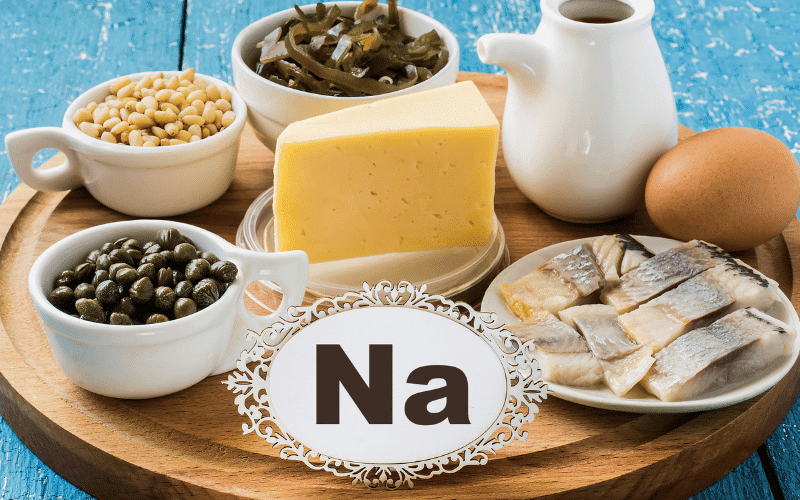Cause 3: Excessive Sodium Intake: How Salt Affects Kidney Stone Formation

A diet high in sodium can contribute to kidney stone formation by increasing calcium levels in the urine. The excessive calcium can then combine with other substances, such as oxalate or phosphate, to form kidney stones. High sodium intake can also lead to other health complications, such as hypertension and cardiovascular disease.
To minimize the risk of kidney stones, it is essential to monitor and reduce sodium consumption. The American Heart Association recommends limiting daily sodium intake to 2,300 milligrams (mg), with an ideal limit of 1,500 mg for most adults.
Reducing sodium intake involves more than simply avoiding the salt shaker. Many processed and restaurant foods are high in sodium, so it’s essential to read food labels and make informed choices. Opt for fresh, whole foods when possible and consider using herbs and spices to flavor meals instead of salt.
In addition to making dietary changes, increasing water intake can help flush excess sodium from the body and reduce the risk of kidney stones. Regular exercise and maintaining a healthy weight can also help prevent kidney stone formation and promote overall health. (3)